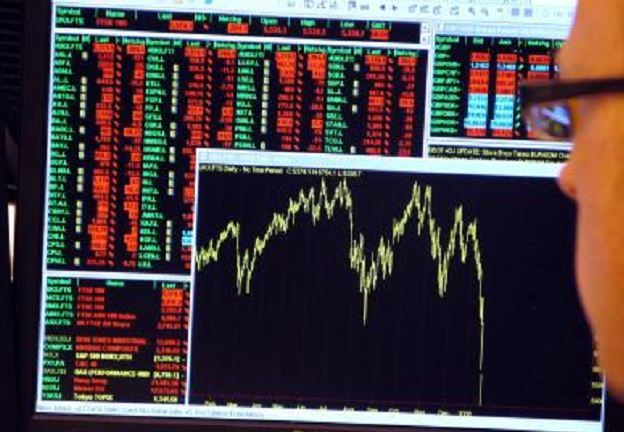
Goldman Sachs Group Inc. President Gary Cohn said Treasury yields will probably rise, just as Morgan Stanley predicts the opposite.
“If I had to trade it right now, I’d sell,” Cohn said in an interview Jan. 22. The benchmark 10-year yield will probably be in a range of 2 percent to 2.30 percent, he said. It was 2.05 percent Monday. “I’d look for the range to go back to 2.30,” he said.
“The bull market is here,” Morgan Stanley wrote in a report dated Sunday by analysts led by Matthew Hornbach, the head of global interest rate strategy. Ten-year yields may fall to a range of 1.55 percent to 1.75 percent, according to the report.
The diverging views highlight the difference of opinion over the influence of falling oil prices on the U.S. economy and whether a surprise rally in Treasuries this year can go any further. Goldman Sachs and Morgan Stanley, which are both based in New York and among the 22 companies that trade directly with the Federal Reserve, are chiming in as the central bank prepares to hold its first policy meeting of the year Tuesday and Wednesday.
The benchmark 2.25 percent Treasury due in November 2025 was little changed Monday at 101 25/32 as of 10:57 a.m. in Tokyo.
Oil’s Influence
Cohn said traders are allowing oil prices to hold too much sway over other markets. Crude fell to a 12-year low last week.
Treasuries have rallied 1.5 percent in January, heading for their biggest monthly gain in a year, based on the Bloomberg World Bond Indexes, as tumbling oil and equity prices drove investors to the relative safety of government debt.
“What’s going on in the oil market should not be dictating what’s going on the in the equity market and what’s going on in the fixed-income market,” Cohn said. “I think people are confusing the supply-demand picture in oil, and they’re saying, ‘Aha, there’s a slowdown in the global economy because no one’s consuming oil.’ And I think that’s wrong.”
Morgan Stanley anticipates economic data will “underperform expectations.”